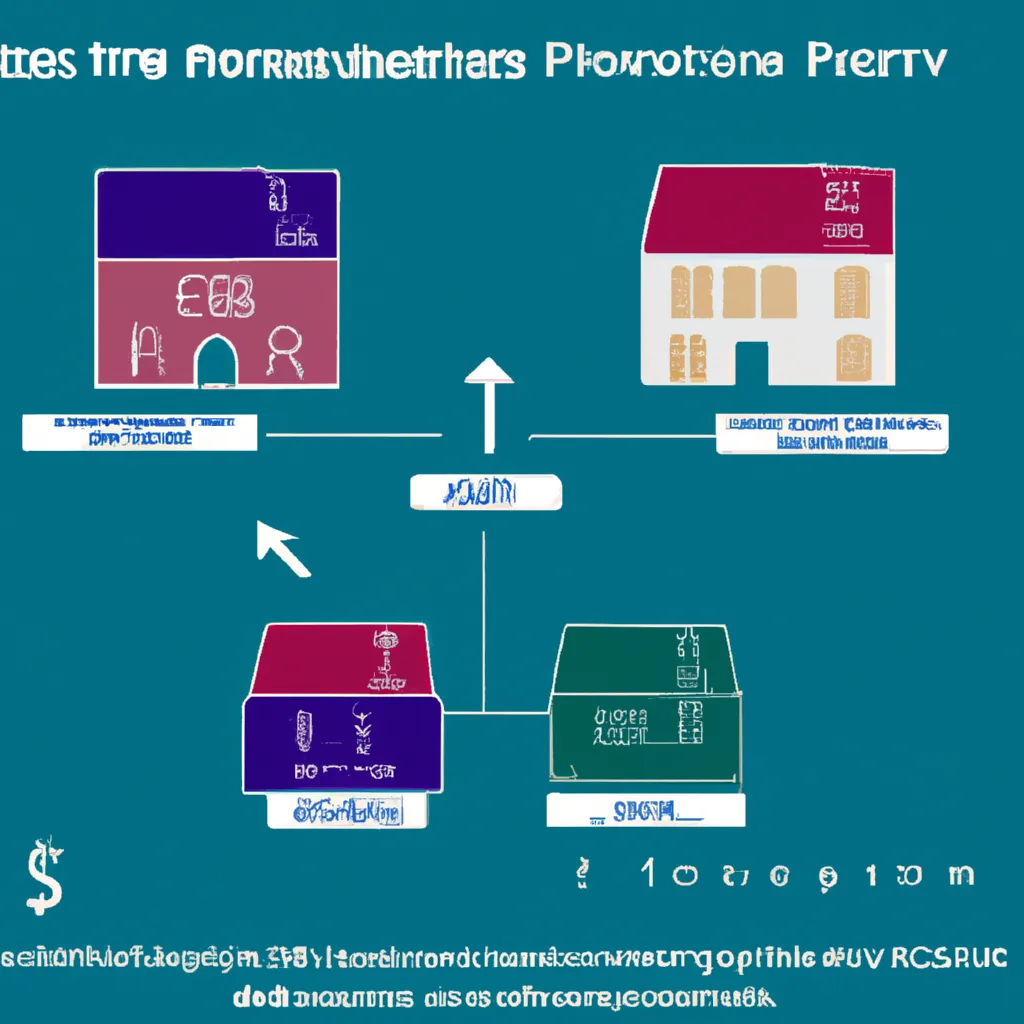FrenchEntrée: A guide for real estate buyers in France

Before buying real estate in France, there are several important issues to consider.
Choice of form of real estate ownership
There are several ways of owning real estate in France. One is 'En indivision', where each party owns a certain share of the property. Married couples usually own their properties equally (50/50), but the shares may reflect each owner's financial contribution.
Another method is 'Tontine', which is similar in effect to joint ownership of property in the UK. In this case, on the death of one of the owners, he or she is deemed never to have owned the property and the surviving owner is deemed to own the entire property' 'from the date of the transaction. Owning real estate under such a scheme can be advantageous from an inheritance planning perspective.
It is also possible to consider the option of owning real estate through the French management company Société Civile Immobilière (SCI). In this case, the property is owned by the company's shareholders and the owners become, in effect, non-paying tenants. This can be an efficient way to manage a property when there are multiple owners and can provide tax advantages. However, setting up an SCI can be expensive and requires reporting and recordkeeping obligations.
It is important to consult with a lawyer specializing in international transactions to determine the best form of ownership for you and' 'your family.
Additional costs when buying and selling real estateIn addition to the purchase price, there are additional costs to consider when buying and selling real estate in France.
In addition to the purchase price, there are additional costs to consider when buying and selling real estate in France.
13 May 2025
13 May 2025




- Notary fees:These costs are usually paid by the buyer and include taxes, fees and notary fees.
- Real Estate Agent Fees: These costs may be paid by the seller, the buyer, or split between both parties.
- Research: These costs are usually paid by the seller and include finding information about the condition of the property, the presence of asbestos, lead, termites, gas, electricity and other risks. ' '
- Appraiser's fees: A buyer may decide to hire an appraiser to get a report on the condition of the property.
- Translations: If the buyer and seller do not speak French, it is worth considering translation costs.
- Currency exchange: Currency exchange costs and bank transfer fees should be taken into account.
- T Taxes: Property tax is usually paid by the owner of the property and is usually split proportionally between the buyer and seller. Occupancy tax is paid by the occupant of the property every January 1 - the seller benefits from a transaction made in December, while the buyer prefers January.
If the property being sold' 'is your second home, it may be necessary to pay capital gains tax on the sale. You should consult a solicitor, a specialist in international transactions, who will be able to advise you on the double tax convention between the UK and France, which can avoid or reduce double taxation by shifting some of the tax paid in France to the UK tax base.
Signing a deed of sale of a property
If you are unable to travel to France to sign the deed of sale, you can sign it by procuration. A notary will draw up a document for you, who will be the authorized person to sign legal documents on your behalf. You will need' 'sign this power of attorney in the presence of a witness. The notary may suggest a video link to witness your signature. Otherwise, you will have to sign the power of attorney in the presence of a UK solicitor or notary. Direct signing of documents is usually required.
Therefore, we strongly recommend that you visit the property before signing the final sale agreement.
Source: French Property News
Link: https://frenchpropertynews.com/articles/france-and-brexit/129408-what-should-i-consider-when-buying-a-property-in-france
Comment
Popular Posts
Popular Offers

Subscribe to the newsletter from Hatamatata.com!
Subscribe to the newsletter from Hatamatata.com!
I agree to the processing of personal data and confidentiality rules of Hatamatata










